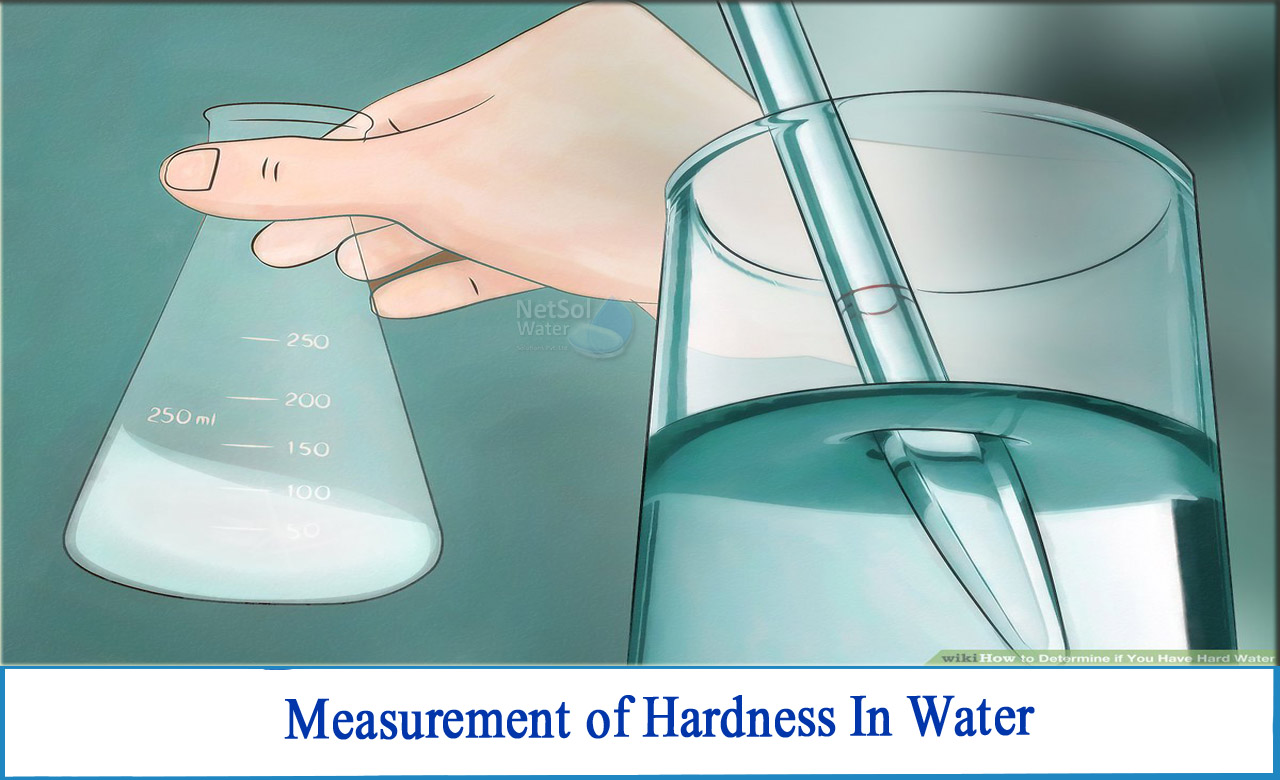Water hardness can be measured to identify which type of water softener will best suit your needs. Learn how to analyse your water hardness, interpret the results, and apply your findings to the next stage towards soft water.
TESTING FOR WATER HARDNESS
Hard water is caused by high amounts of dissolved minerals in your water supply, primarily calcium and magnesium. You may be more or less prone to have hard water difficulties depending on the source of your water, and well water users are particularly vulnerable to this problem.
CHECK WITH YOUR SUPPLIER
This isn't an option for households that use well water, but if you have city water and feel you're having hardness issues, you should contact your supplier first.
The website and annual report of your local water supplier are useful locations to start learning about general water hardness levels in your area. However, because the information in annual reports differs by area, your supplier may not be able to give statistics on this subject. Even if relevant data is available, it will relate to hardness levels in your location in a general sense. The results will not reveal how hard your water is in your home.
TEST YOUR HOME WATER SUPPLY
For detecting the relative concentration of hardness minerals in your home water supply, a range of home testing kits are available. Water treatment providers can also provide home and lab testing solutions. Working with a water treatment business can help you acquire the most precise results while also understanding how to interpret them and what steps to take next.
WATER HARDNESS MEASUREMENT SCALES
Understanding your test findings necessitates knowledge of the various water hardness measuring scales in use. The majority of results come in the form of a number that indicates the amount of calcium carbonate or calcium carbonate equivalents in a given unit of water. This value can be represented in gpg, ppm, or mg/L (milligrams per litre).
GRAINS PER GALLON
The hardness scale, measured in gpg of calcium carbonate, can be represented as follows, according to the Water Quality Association:
1- Soft is defined as less than 1 gpg.
2- Between 1 and 3.5 gpg is considered slightly difficult;
3- between 3.5 and 7 gpg is considered moderately difficult;
4- between 7 and 10.5 gpg is deemed difficult;
5- and over 10.5 gpg is considered extremely difficult.
PARTS PER MILLION AND MILLIGRAMS PER LITER
Water hardness test results are frequently given in ppm or mg/L, which are comparable units.
To calculate the gpg equivalent using the same hardness scale as previously, divide your ppm or mg/L by 17.1 to get the gpg equivalent. For instance, 130 mg/L (ppm) equals 7.6 gpg, which is considered hard water.
USING THE WATER HARDNESS SCALE FOR WATER SOFTENER SELECTION
If you have hard water, a water softener can help you get rid of limescale build-up, dry hair and skin, spotty dishes, and inefficient water-using appliances in your home.You'll be able to work with a professionals to identify what kind of water softener would best fit your needs if you have a reliable water hardness test and information about your home water usage. You can choose a softener that meets your needs based on where your home's water supply sits on the hardness scale, as well as your family's softness preferences and how much water they use.
TEST YOUR WATER FOR HARDNESS AND TAKE ACTION
You don't have to live with hard water if you don't want to. If you observe any of the above symptoms, such as clogged pipes or a filmy residue on your hair or skin after showering, check the hardness level of your home water supply.
Netsol Water is Greater Noida-based leading water & wastewater treatment plant manufacturer. We are industry's most demanding company based on client review and work quality. We are known as best commercial RO plant manufacturer, industrial RO plant manufacturer, sewage treatment plant manufacturer, and effluent treatment plant manufacturers. Apart from this 24x7 customer support is our USP. Call on +91-9650608473, or write us at enquiry@netsolwater.com for any support, inquiry or product-purchase related query.



